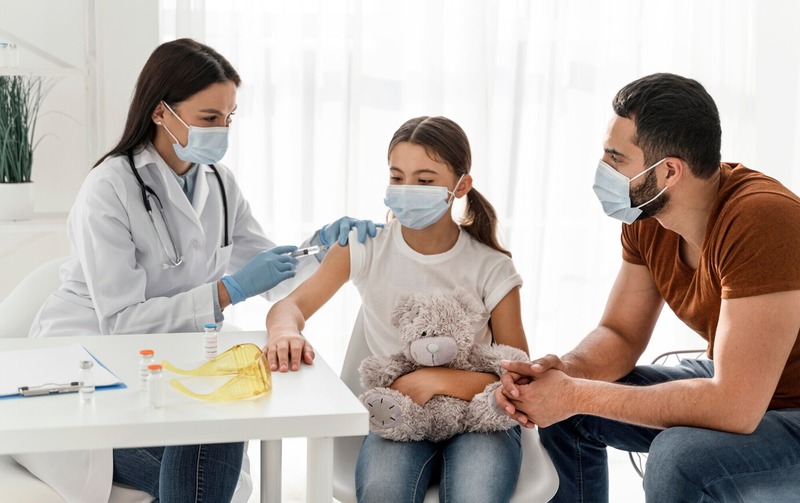Immunizations are among the most effective public health interventions, preventing millions of deaths and disabilities every year. They protect individuals, families, and entire communities from a wide range of infectious diseases, supporting both personal well-being and global health security. This article explores the vital role of immunizations in health care, their benefits, and why staying up-to-date with recommended vaccines is essential for all ages.
The Impact of Immunizations
- Life-Saving Protection: Vaccines prevent 3.5 to 5 million deaths annually from diseases like diphtheria, tetanus, pertussis, influenza, and measles.
- Eradication and Control: Immunization campaigns have led to the eradication of smallpox, near-elimination of polio, and dramatic reductions in diseases such as measles and tetanus.
- Public Health Achievement: Alongside clean water and improved health care access, vaccines have significantly increased life expectancy and reduced infant mortality worldwide.
How Immunizations Work
Vaccines stimulate the body’s immune system to recognize and fight specific pathogens without causing the disease itself. They introduce harmless components of the virus or bacteria, prompting the production of antibodies and memory cells. This process ensures rapid and effective protection if the individual is exposed to the actual disease in the future.
Key Benefits of Immunizations
- Individual Protection: Vaccines reduce the risk of contracting serious, sometimes life-threatening, illnesses.
- Community Health: High vaccination rates create herd immunity, protecting those who cannot be vaccinated due to medical reasons.
- Economic Savings: Immunization programs lower healthcare costs by preventing hospitalizations and long-term complications.
- Future Generations: By controlling and eradicating diseases, vaccines help ensure healthier lives for future generations.
Immunizations Across the Lifespan
- Childhood: Routine vaccines protect against diseases like measles, mumps, rubella, polio, and whooping cough.
- Adolescence and Adulthood: Booster shots and new vaccines (e.g., HPV, shingles, influenza) maintain immunity throughout life.
- Older Adults: Vaccines such as pneumococcal and influenza are crucial for preventing complications in seniors.
Challenges and Solutions
Vaccine Hesitancy: Misinformation and fear can reduce vaccination rates, leading to outbreaks of preventable diseases. Education and transparent communication are essential to build trust and encourage uptake.
Access Barriers: Ensuring equitable access to vaccines, especially in underserved communities, is vital for global health equity.
Catch-Up Programs: Ongoing efforts are needed to address gaps in immunization coverage, especially after disruptions caused by events like the COVID-19 pandemic.
Immunization as a Human Right
Immunization is recognized as a fundamental component of primary health care and a basic human right. It underpins global health security and is a cost-effective investment in public health.
Conclusion
Immunizations are a cornerstone of modern health care, offering protection against a wide range of infectious diseases for individuals and communities. By maintaining high vaccination rates, we can continue to save lives, prevent outbreaks, and build a healthier future for all.
Related FAQs
1. Why are immunizations important for health care?
Immunizations prevent serious diseases, reduce healthcare costs, and protect vulnerable populations through herd immunity.
2. How do vaccines work in the body?
Vaccines stimulate the immune system to produce antibodies and memory cells, providing protection without causing the disease.
3. What are some diseases prevented by vaccines?
Diseases like measles, polio, diphtheria, tetanus, pertussis, and influenza are preventable through vaccination.
4. Who should get vaccinated?
Vaccines are recommended for people of all ages, from infants to older adults, to ensure lifelong protection.
5. What is herd immunity?
Herd immunity occurs when a high percentage of the population is vaccinated, making it difficult for diseases to spread and protecting those who cannot be vaccinated.
Step into our clinic for convenient, up-to-date vaccinations that safeguard your well-being and the community. Visit us at https://scclittleelm.com/ or call us at (469) 200-5974 to schedule an appointment. Walk-ins & new appointments available.

